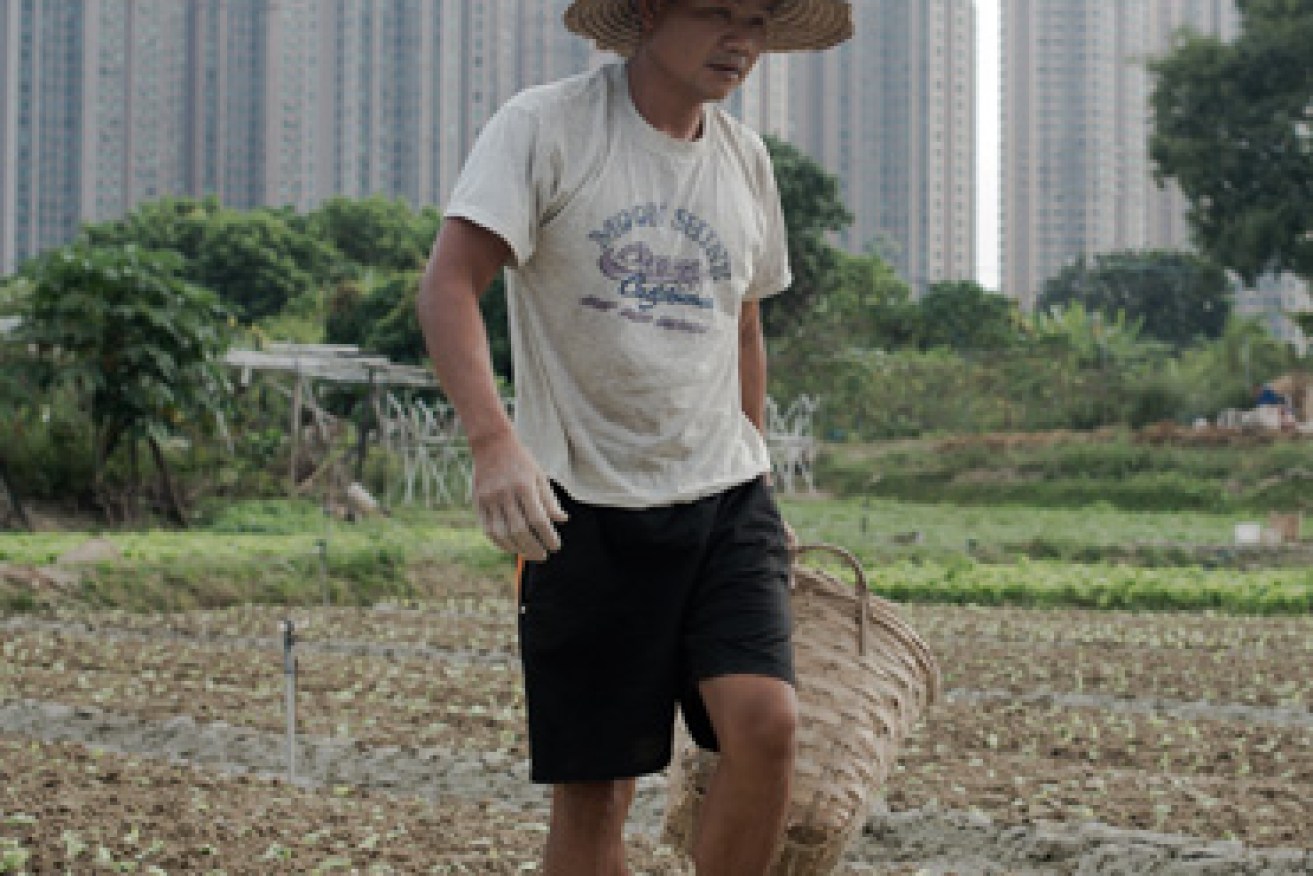Hep A scare: buy local to avoid virus-laced berries

While China boasts wealthy cities, outside of those cities it's a different story.
The danger of uncooked foreign food has been exposed after berries contaminated with a hard-to-detect virus infected at least nine Australians.
Frozen mixed berries from Chile and China sold by the Nanna and Creative Gourmet brands have been recalled nationwide, prompting experts and industry voices to promote buying local.
More than a dozen cases of hepatitis A linked to the imported berries have been confirmed around the country.
• Hepatitis A outbreak linked to poor hygiene in China
• Alcohol’s benefits may be ‘harmful propaganda’
• How to fend off ‘snake-oil sellers’ at your door
• Aussie power bills ‘startlingly higher’ than overseas
An industry spokesman says he is “amazed” that consumers continue to buy frozen berries from overseas, given the unsanitary conditions.
“Don’t eat it,” says Australian Blueberry Growers Association president Greg McCulloch.
“They might think it’s just a germ or something, but hepatitis A is actually a germ in s**t, which might make them think twice.”

Food standards in China may not match those to which Australian farmers adhere. Photo: Getty
Eating foreign imports without cooking or boiling is dangerous because only heat cleanses food tainted by faecal matter. Australia is the latest to be stricken by frozen berry imports, after similar infections in Ireland, Italy and several Scandinavian countries since 2013.
Poor hygiene is the most likely cause of the contamination, The University of Melbourne agricultural expert Dr Said Ajlouni agrees.
“The virus probably came from infected people who went to the toilet and came back to the factory without appropriate hand washing,” he says.
“Because we don’t have any control over good hygiene and sanitation practices in these countries, they can be very risky.”
Raw human sewage, which may contain viruses, bacteria and industrial chemicals, is widely used as fertiliser for a wide variety of crops in China and Latin America, says a 2008 report by Sri Lanka-based International Water Management Institute (IWMI).
Pregnant women and young children are particularly susceptible to food contamination. The New Daily understands that at least one Victorian primary school has removed all frozen berries from its menu after the recall.
It would be “unfair” to boycott foreign fresh food based on one incident, says Dr Ajlouni, but he confirms that buying local is safer.
Farmers are calling for an overhaul of labelling laws to help consumers identify Australian grown and packaged foods following the berry scare.
Victorian Farmers Federation president Peter Tuohey says loopholes in labelling laws have allowed many imported foods to be passed off as if they are Australian made.
“We’ve been pushing for truth-in-labelling laws for years and it hasn’t happened yet,” he says.
Australian berries are grown under stringent standards, says another industry voice.
“The fresh Australian berry is certainly grown under some of the strictest food safety standards in the world,” says Raspberries and Blackberries Australia spokesman Jonathan Eccles.
“Consumers should be confident that when they’re buying a fresh berry it is safe.”
The impediment to safety is price. Most local berries are sold fresh because Australia’s high labour costs make it impossible to compete in the frozen fruit market.
For example, it costs berry grower Phil Rowe more to transport his fresh berries from his farm in West Gippsland to Melbourne than to ship a frozen load from Chile.
If you prefer the frozen variety, homegrown berries can just as easily be stored in the freezer, says the Sunny Creek Farm owner.
“Fresh is always best,” Mr Rowe says.
The recalled products are 1kg packs of Nanna’s Frozen Mixed Berries, and 300g and 500g packs of Creative Gourmet Mixed Berries.
Hepatitis symptoms usually begin two to seven weeks after exposure and include fever, loss of appetite, nausea, fatigue, abdominal pain, diarrhoea and jaundice and can last for months.








